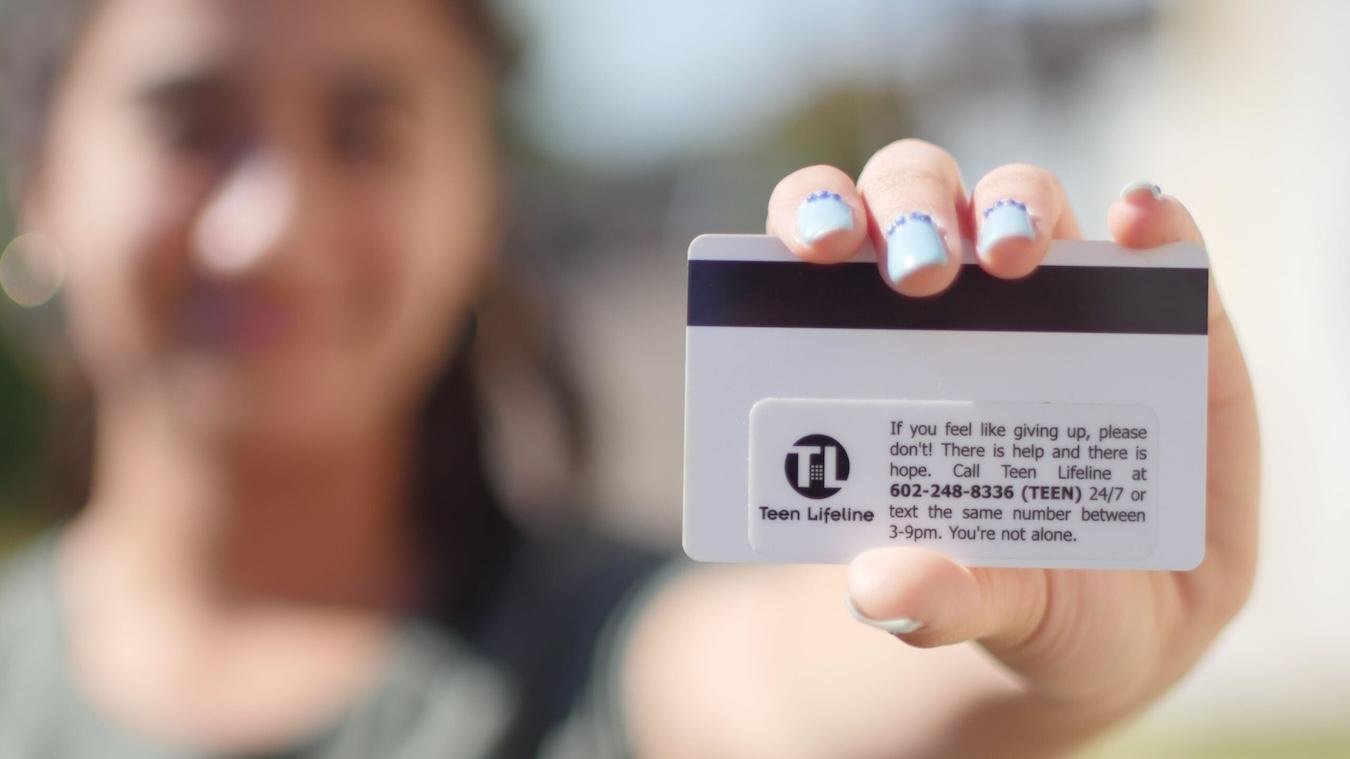arizona
Trial Highlights Culturally Competent Therapy as Key to Reducing Suicide Rates Among Latino Teens

Rising suicide rates among young Americans have become a significant concern, particularly within Latino youth who are increasingly vulnerable. Researchers are advocating for culturally informed therapeutic approaches to better address these issues.
Dr. Yovanska Duarté-Vélez, an associate professor at Brown University, has pioneered the first culturally adapted treatment specifically targeting suicidal teens in Latino and Hispanic communities. She underscores the influence of family, culture, and societal expectations on identity and mental health.
“Identity is an essential component of adolescent development,” Duarté-Vélez stated. “We must consider aspects like ethnicity, cultural values, and self-perception.” She likens youth to an onion, where an individual is at the core, surrounded by family, context, and broader cultural influences.
Her Socio-Cognitive-Behavioral Therapy for Suicidal Behaviors (SCBT-SB) builds on traditional Cognitive Behavioral Therapy (CBT) but also examines familial communication, social interactions, and environmental factors that affect mental health outcomes. A recent trial involving 46 Hispanic and Latino youths indicated that SCBT-SB significantly outperformed standard therapies in reducing suicide attempts and depressive symptoms.
While progress is being made, delivering quality care to diverse populations remains challenging. Though there are no laws mandating culturally adjusted therapies, recent federal initiatives have begun addressing cultural competency in healthcare. The Centers for Medicare and Medicaid Services expanded the categories of people, including racial and ethnic minorities, who require tailored services under Medicare Advantage plans.
Despite the lack of a formal definition for cultural competency in health care, its absence is interpreted as discrimination based on national origin, per Title IV of the Civil Rights Act of 1964. Professionals like Kelly Zaragoza, a Phoenix-based Latina counselor, emphasize the importance of understanding cultural nuances within therapy. “Most therapists should recognize that involving family members is crucial,” she claimed, noting that cultural biases and gender roles are significant factors to address.
Arizona has one of the highest concentrations of Hispanic populations in the U.S., making cultural sensitivity particularly vital. Zaragoza highlights the necessity of focusing on identity and life experiences, especially for first-generation individuals navigating dual cultural identities.
Cynthia Ramos, a bilingual therapist based in Scottsdale, uses Acceptance and Commitment Therapy to promote acceptance of both traditional family values and individual aspirations among her young Latino clients. “We don’t categorize values as good or bad,” she explained, recognizing the importance of family collectivism in the Latino culture. However, this principle can create tension when combined with individualistic Western approaches.
Duarté-Vélez observes that second-generation Latinos often grapple with finding balance between their Latino heritage and Americanized worldviews, posing additional challenges for clinicians. Involvement from family members is critical during this transitional phase. “Providing psychoeducation to parents helps facilitate communication and fosters a supportive environment,” Ramos added.
Stigma surrounding mental health issues poses a significant barrier to treatment. Many in Latino communities still view mental health as a private matter, which can hinder open discussions and increase the prevalence of depression and suicidal behavior among youths.
Zaragoza admits that addressing mental health stigma remains daunting, stating, “It makes me anxious to speak about mental health within my community.” Duarté-Vélez has noted that building trust is essential for higher engagement rates, as families often appreciate finding clinicians who share similar cultural values and speak their language.
A family’s rejection of their teen’s identity can further complicate treatment, especially for LGBTQ+ youth, who face considerable pressure from familial expectations. A recent survey revealed alarming statistics: 42% of LGBTQ+ Latino teens contemplated suicide, while 15% attempted it.
Engaging cisgender boys in therapy is particularly challenging, as many resist the concept’s utility. “Girls more readily identify their feelings, so they are easier to engage,” explained Duarté-Vélez. She emphasized that clinicians must help families navigate acceptance and support for diverse identities.
With a grant from the American Suicide Prevention Foundation, Duarté-Vélez is set to launch the most extensive study on culturally informed therapy for Latinos to date. In collaboration with the National Institute of Mental Health in Mexico City, the trial will involve 114 participants and explore how social determinants of health impact mental well-being.
Duarté-Vélez asserts that addressing the broader social needs of families is essential: “Therapy alone can’t meet all their needs.” As SCBT-SB gains traction, more professionals are beginning to recognize the importance of cultural awareness in effective mental health treatment.
Ramos reflects on her experience in various settings, stating, “Awareness doesn’t mean knowing everything about every culture; rather, it requires an approach filled with curiosity and humility.”


















